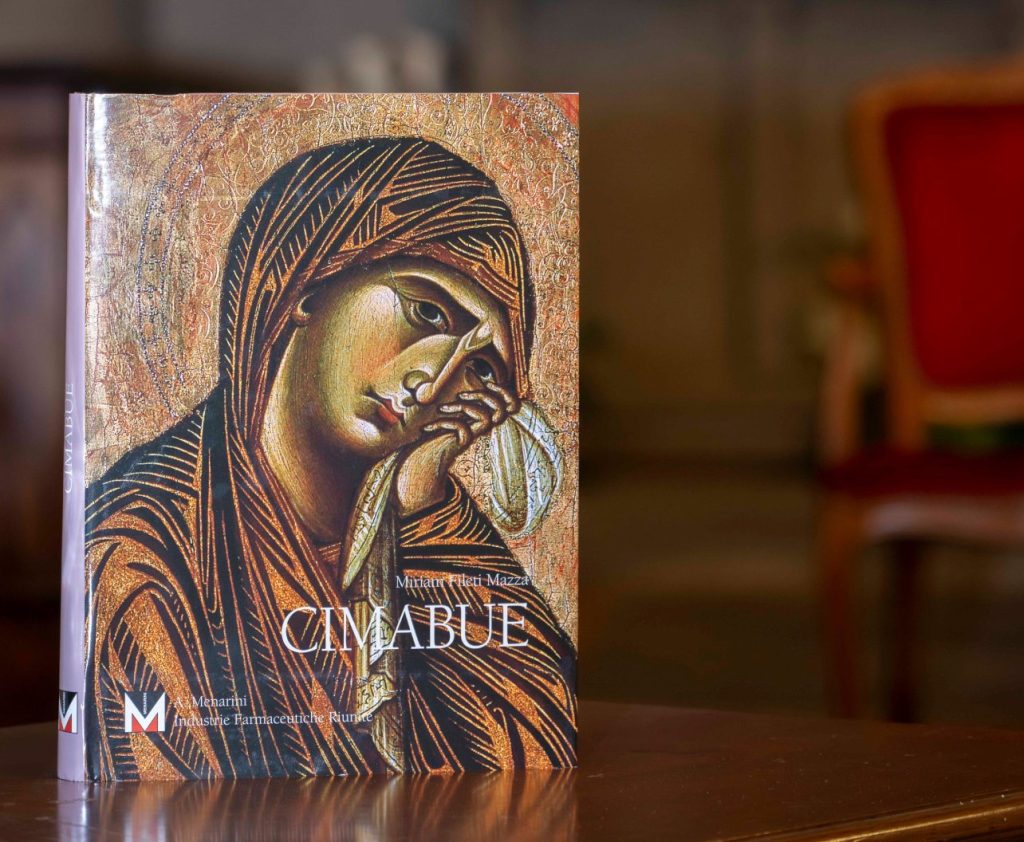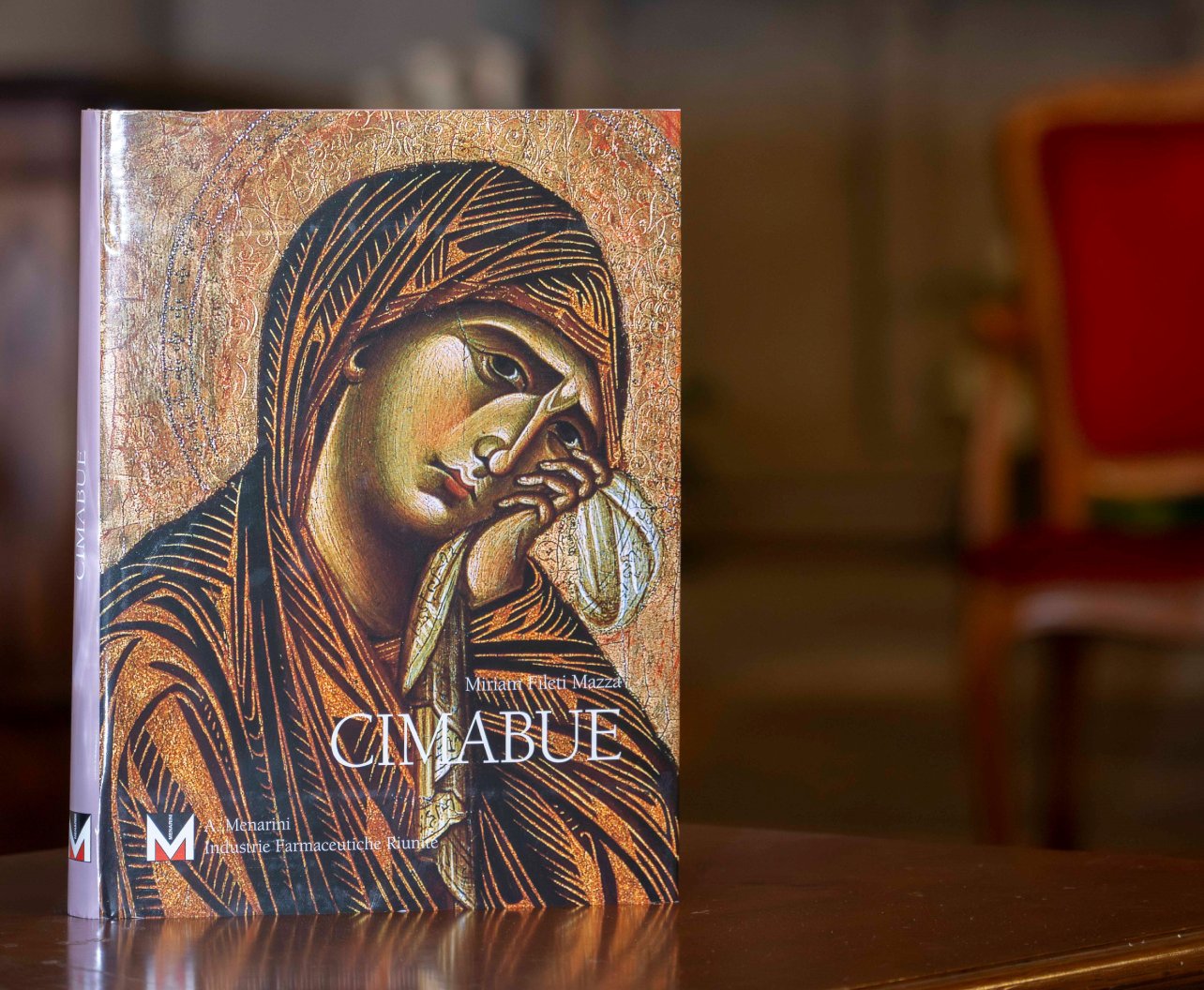
Evaluating the Need for a New Art Fair in Qatar: Implications for the Global Art World

Art Basel Expands to Doha: A New Chapter for Qatar’s Cultural Landscape Amid Criticism
Art Basel, one of the most prestigious global art fair brands, recently announced its plan to launch a new edition of the fair in Doha, Qatar. Scheduled for February 2025, the inaugural Art Basel Qatar will take place in the M7 Cultural Forum, located in Msheireb Downtown Doha. This move marks a significant milestone for the Gulf state as it continues to position itself as a formidable player in the global arts and culture scene.
Partnering with state-operated Qatar Sports Investments (QSI) and the creative agency QC+, Art Basel’s entry into Qatar is not just a cultural initiative—it reflects the ambitions outlined in the Qatar National Vision 2030, a government-led plan aimed at economic diversification, lessening dependence on oil, and attracting foreign investment. As the country seeks to reinvent itself as a regional epicenter for art and culture, the announcement has stirred both excitement and controversy.
A Global Brand Meets Local Ambitions
Art Basel already operates renowned editions in Basel (Switzerland), Miami Beach, Hong Kong, and Paris. The Doha edition, however, is expected to be more modest in scope, hosting approximately 50 galleries in its first run. This is notably smaller than the 156 galleries that participated in the debut Art Basel Paris in 2022 or the 245 exhibitors that marked the inaugural Art Basel Hong Kong.
Despite its size, Art Basel Qatar aims to make a significant impact. In a press release, organizers described the fair as a “tightly curated showcase” designed to respond to today’s art market while setting the stage for long-term growth in the region. When asked about the implications of operating within Qatar’s legal and cultural framework—especially concerns surrounding censorship and expression—Art Basel emphasized that the Doha fair will remain “curatorially and operationally independent.”
Human Rights Concerns Cloud Cultural Investment
However, not everyone in the art world is convinced by these reassurances. Qatar’s human rights track record continues to cast a shadow over its cultural endeavors, prompting critics to question whether the country should be a venue for such a globally influential art event.
Human rights organizations have pointed to several areas of concern: the treatment of migrant workers, restrictions on freedom of speech and press, repression of women’s rights, and widespread discrimination against LGBTQ+ individuals. These issues came under intense scrutiny particularly during the lead-up to the 2022 FIFA World Cup, when investigations revealed that over 6,500 migrant laborers had died while working on infrastructure projects, including the construction of stadiums.
Among the most vocal critics is German artist and activist Volker-Johannes Trieb, who staged a stark protest ahead of the World Cup. In a powerful installation outside FIFA headquarters in Zurich, Trieb displayed 6,500 sand-filled soccer balls—each symbolizing a deceased migrant worker. His message: “World conscience, you are a stain of shame.”
Trieb has since urged artists to boycott Art Basel Qatar, arguing that participating in the fair indirectly legitimizes a regime that exploits both workers and cultural platforms for soft power and international image laundering.
“If the art world bows down to Qatar, art loses its authenticity,” Trieb said in a statement. “Those who remain silent or participate are complicit.”
The Role of Sheikha Al Mayassa and Qatar Museums
Spearheading Qatar’s drive into art and culture is Sheikha Al Mayassa bint Hamad bin Khalifa Al Thani, sister of emir Tamim bin Hamad Al Thani. She’s a major figure in the international art scene, known for her influential leadership as the chairperson of Qatar Museums and the Doha Film Institute. Al Mayassa has overseen the acquisition of millions of dollars’ worth of artworks and has brought exhibitions and high-profile partnerships to the region.
Earlier in 2024, Qatar announced the establishment of a permanent national pavilion in the Giardini at the Venice Biennale—a significant recognition of its growing global cultural footprint.
Balancing Growth and Integrity
While Art Basel Qatar may introduce new possibilities for local and international artists, critics argue that the event must carefully navigate the tensions between creative freedom and a tightly controlled political environment.
Proponents of cultural engagement in Qatar argue that these fairs can serve as platforms for change, slowly increasing opportunities for dialogue and expression in restricted societies. Detractors, however, caution that without clear safeguards, the events may simply be co-opted for state branding—and used to gloss over systemic injustices.
A Microcosm of the Art World’s Ethical Dilemma
In this context, Art Basel Qatar becomes more than just the latest entry in a series of high-profile international art fairs. It has become a litmus test for the art world’s evolving moral compass. As more artists and institutions grapple with questions of funding, political influence, and ethical responsibility, participation in events like Art Basel Qatar may carry reputational consequences.
The upcoming fair will undoubtedly